Nowadays, besides corona, the most uttered word by politicians, experts, media, youtubers & public is MCC (Millennium Challenge Corporation). Every people have different stories & perspective regarding this assistance project. With the debate of this project, some people are having chance to be an expert and get media coverage. Also, some of the politicians are using this controversy as an opportunity to take retaliation against the government. The most important thing is that the foreign assistance should be as per the national interest, contribute to the development of nation and bring prosperity in nation. Low income developing countries like Nepal have huge investment gap and those gaps needs to be fulfilled by internal loans and foreign assistance. The foreign assistance can be accepted in the form of grants or loans from bilateral & multilateral funding. However, the foreign capital should be mobilized in the productive sector for the goodwill of nation.
The concept of MCC evolved after the International Conference and Financing for development organized by United Nations in 2002 AD at Mexico. After the 9/11 terrorist attack, the superpower US realized that it should support underdeveloped countries economically to reduce the threat of terrorism, which established MCC as a bilateral aid by US congress in 2004 in the form of corporation which is separate from USAID. Basically, this aid works with three guiding principles which are competitive selection, country led solutions and country led implementation. For a country to be eligible to get this grant, it should score on 17 indicators exceeding the median score as defined by peer groups. These indicators are mostly targeted to good governance, investment in people and economic freedom. Moreover, this grant is injected through government budgetary channel and grant is time bounded. Till now, 47 projects have been completed and handed over in 50 different countries. MCC signs either a compact or a threshold agreement with a partner country. A compact is awarded if the country scores highly on the selection criteria indicators. If the country scores poorly, but positive with the upward trend, it can still be eligible for small grant, called threshold program. MCC requires selected countries to identify the priorities for achieving sustainable economic growth & poverty reduction. Compact/program is a large scale, five- year grants given by MCC to countries that meets the eligibility criteria. In addition to this, MCC requires that each partner government creates a special purpose legal entity that will be accountable for implementing the compact program.
The growth diagnostic study carried out by ministry of finance in a collaboration with MCC is the sowing point of MCC in Nepal. The report was published in 2014 AD which identified electricity shortage, road condition, discontinuity of government policy and labor shortage as the barriers for economic development in Nepal. Later, government decided to invest the grant in transformative projects on electricity and road sector. Millennium Challenge Account Nepal (MCA-Nepal) was established in 2015 AD by cabinet with the purpose to manage compact/program developed by the office of the Millennium Challenge Nepal (OMCN) in coordination with the MCC, USA. MCA Nepal is governed by a board chaired by finance secretary with members including joint secretary of different ministries, executive director from NEA, representatives from private sectors and civil society. The board of MCC approved the proposal of grant assistance of $500 million for Nepal. In 2017 AD, Nepal government signed the compact assistance agreement which creates mutual fund of $500 million as a grant by MCC and $130 million to be allocated by Nepal government. $52.2 million is allocated for road maintenance project and $398.2 million for electricity transmission project. It aims to build 312 km of 400 KV electricity transmission line & three substations, and transmission line is designed to pass through 30 municipalities in 10 districts with 856 towers and substations are designed to be constructed in Ratamate, Damauli & Butwal. This project also connects the electricity transmission with Gorakhpur, India with a goal to sell the surplus electricity generated during surplus period. Similarly, road maintenance project includes pavement improvement technology like full depth recycling (FDR) and super pave ashphalt concrete on 100 km strategic roads in Kapilvastu, Arghakhachi and Dang. The new road maintenance technology & inter country transmission projects are selected and prioritized as national pride projects.
Declaration of MCC projects as national pride project, formation & arrangement of electricity regulation commission, signing of work implementation agreement, getting consent from India for Intercountry transmission project, land acquisition, approval to use forest land and ratification of contract agreement through parliament are the major pre-requisite of compact agreement, out of which ratification from parliament is the remaining work to be fulfilled by government. Some people look at this grant as a part of Indo-Pacific strategy of US government. Whereas, MCC grant was conceptualized long before the formulation of Indo-Pacific strategy in 2018 by the Trump administration. However, the confusing & contradicting statement given by US officials in different period creates the space for doubt, but compact agreement doesn’t corporate the military agreement & strategy. Every donor agency has their interest, while giving technical assistance, loans or grants, but government should be smart enough to utilize the assistance in a proper way to fulfil the national interest. Article 5, sub article 5.1 of the contract has the provision that either party can terminate contract without any reason by giving the pre-notice of 30 days. This clause is very much important and provides special privilege to both the parties. Even during the implementation phase, if government feels that this project is beyond the interest of country, government can terminate this project and complete the project using internal funds or through some other modalities.
There is rumor that compact agreement is above the constitution of Nepal and any laws inconsistent with the agreement becomes void. In fact, this agreement intends to assure policy consistency in the specific project over execution period. Even development projects funded by WB, ADB and other donor agencies practice international procurement guidelines which is also supported by clause 67 of public procurement act-2063. Due to lack of political stability & economic stability, developing countries like Nepal suffer from the enduring ailment of policy inconsistency. Current appropriation act tends to increase the levy on electric vehicle which contrasts with the past policy on green energy consumption. The foremost
Intent of this clause is to assure policy consistency and to use millennium challenge corporation program procurement guidelines, and this practice has resulted timely completion of project in countries like Ghana, Mongolia etc.
The controversies regarding intellectual property rights, auditing institution & audit process, appointment of officials & project manager are secondary matters. Even, during implementation phase, government can use negotiation and diplomacy to bring things in the favor of Nepal. This project and compact has been developed by utilizing money & time of both parties, and if the project is terminated, the efforts done till now will go to vain. Moreover, we will lose the opportunity to complete transformative project within 5 years period and to trade our surplus electric energy to neighboring countries may remain dream. The main thing is that selected projects are prioritized project by government institutions and the project intends to be completed within short period of time, It is right time for government to execute the project timely and to end the chronic project management endeavors like in Melamchi water supply project. Arun hydro project, fast track highway and many other projects in Nepal suffered from different controversies resulting to the uncertainty and unnecessary delay of project, leading to increase in cost, and the associated indirect economic loss is beyond the assessment.
It is high time to learn from the past and correct ourselves to mobilize the resources for the welfare of people and nation. Nepalese citizens are expecting speedy development and government with 2/3rd majority is responsible to meet the expectations of people. The government should utilize public treasury, internal loans, grants and foreign loans in a rational way. In addition to this, public private partnership and foreign investment should be encouraged by the government. Along with this, it is important to make bureaucracy and politicians capable & smart enough for drafting agreement documents and negotiation with donors and international community. Lastly, this is an opportunity to embark the economic prosperity with the speedy construction of transformative projects in a scheduled time. It is not worthy to have unnecessary doubts during initial phase of project. However, it is important to raise voice against the misappropriate act, corruption and treason.
Author is student of Development Economics in Hiroshima University, Japan

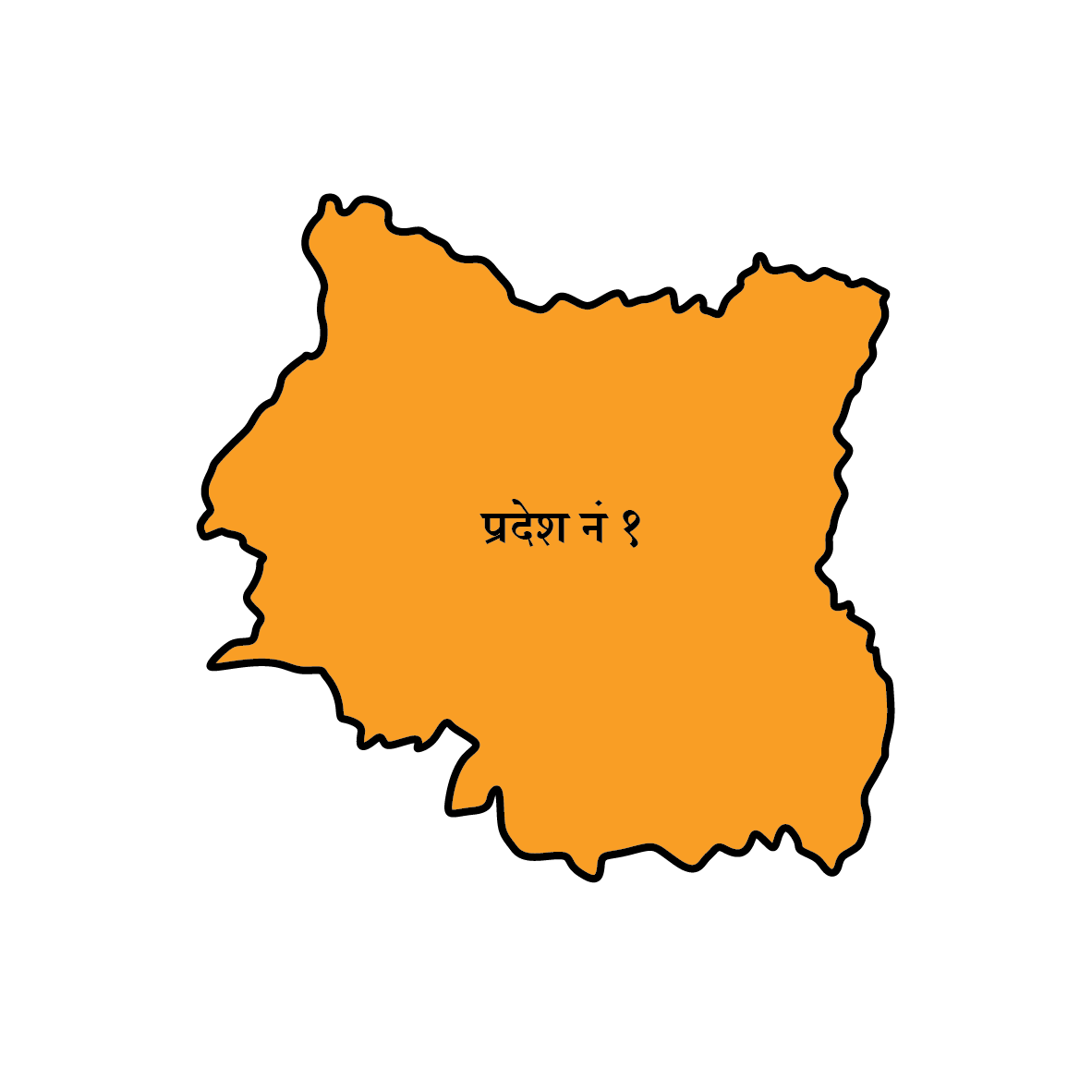 कोशी प्रदेश
कोशी प्रदेश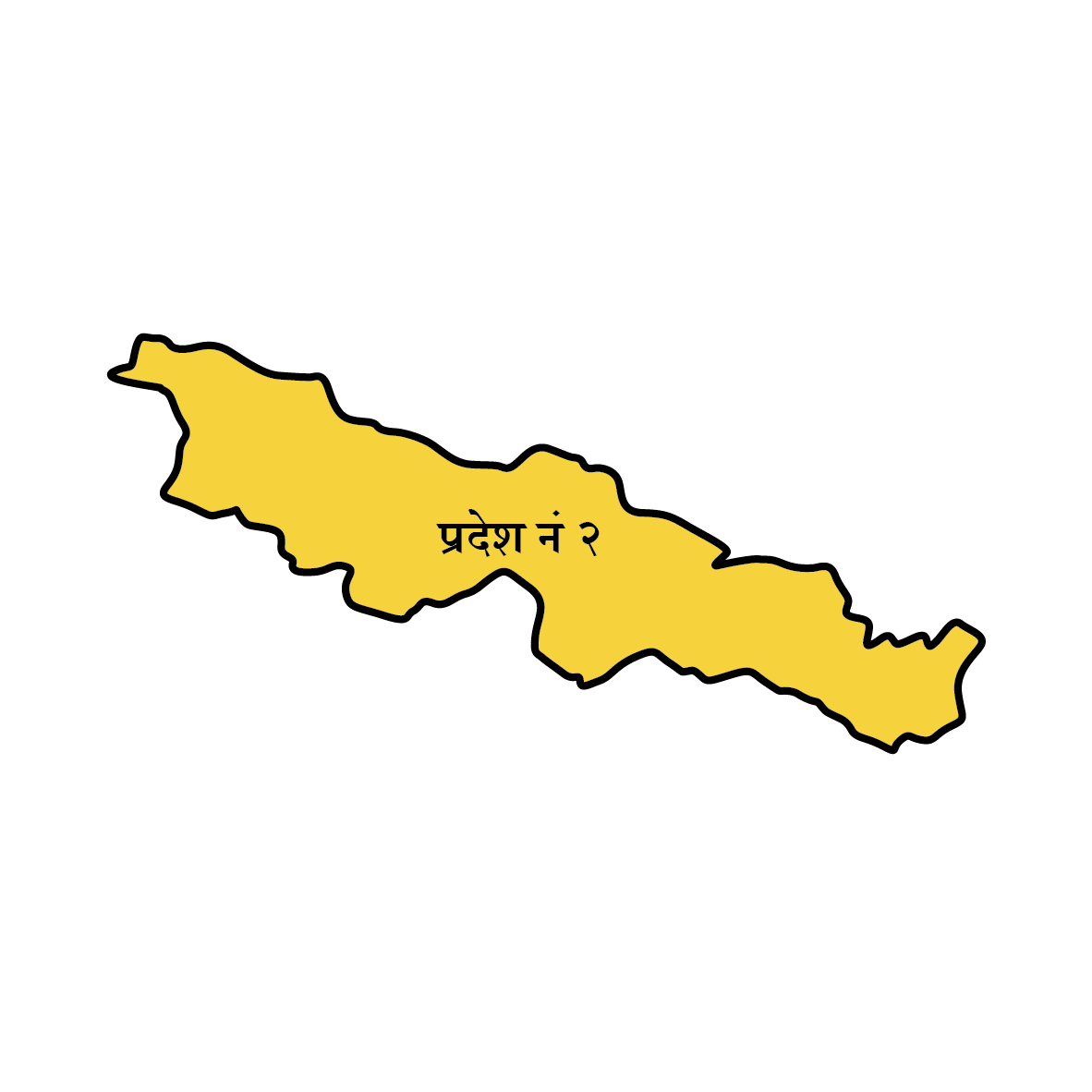 मधेश प्रदेश
मधेश प्रदेश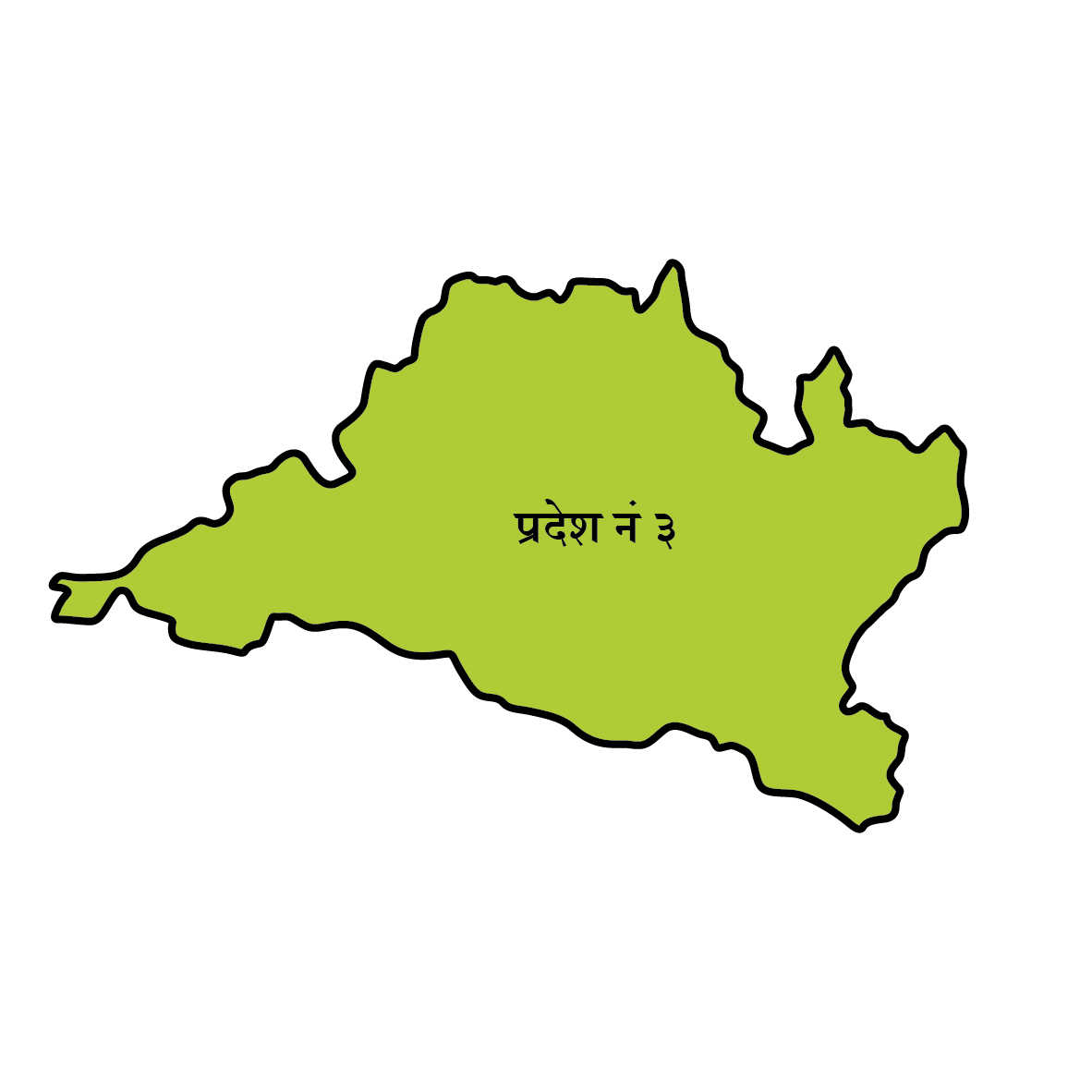 बागमती
बागमती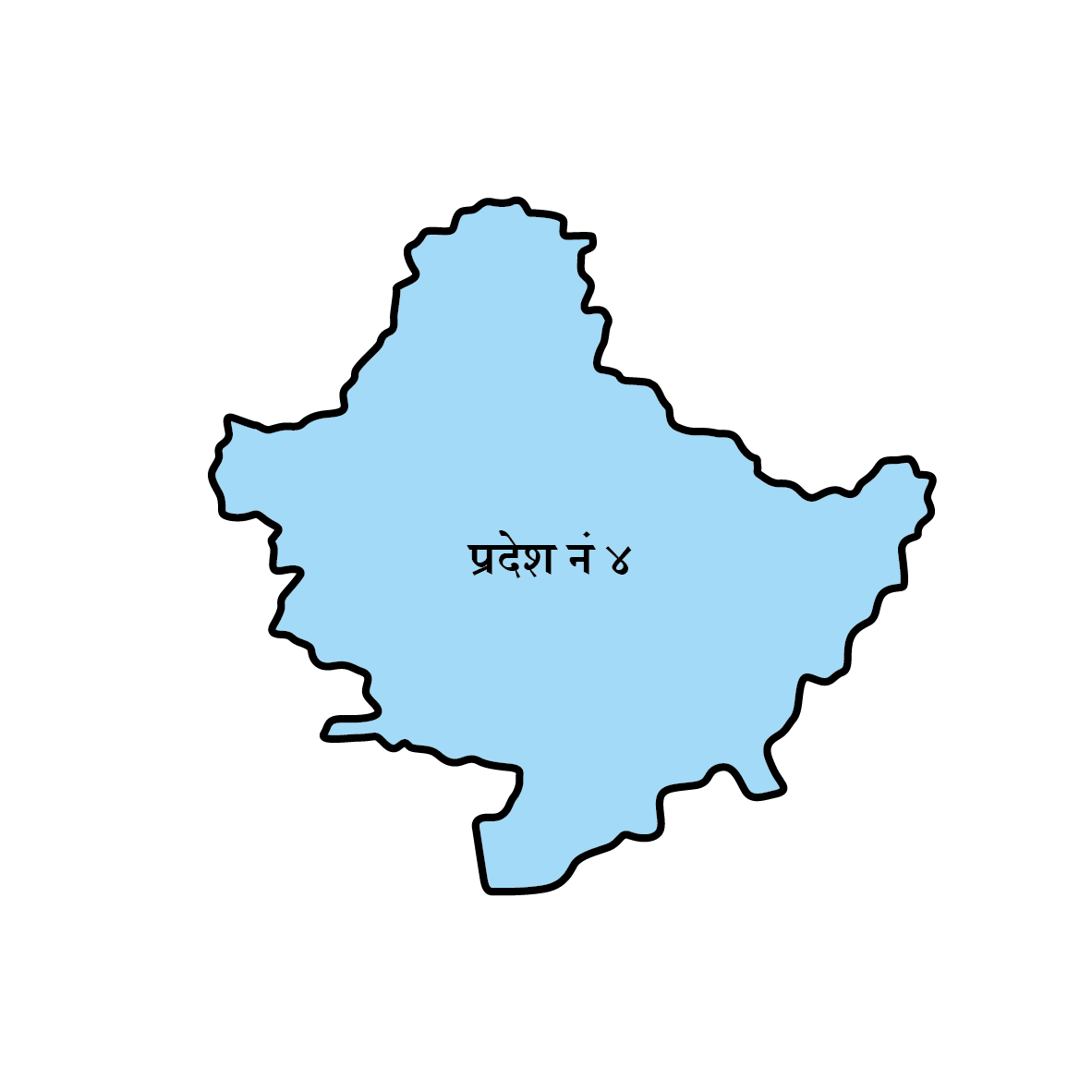 गण्डकी
गण्डकी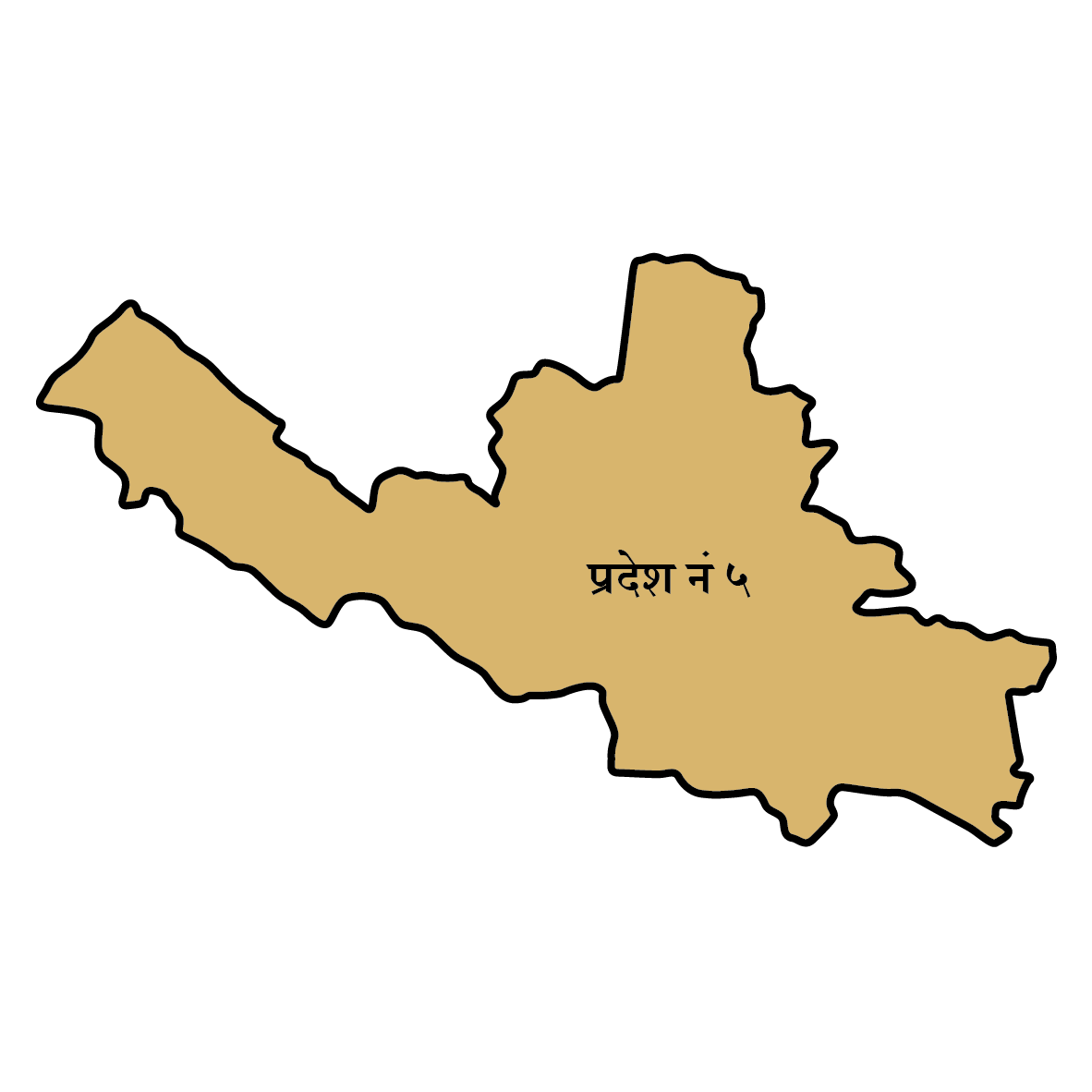 लुम्बिनी
लुम्बिनी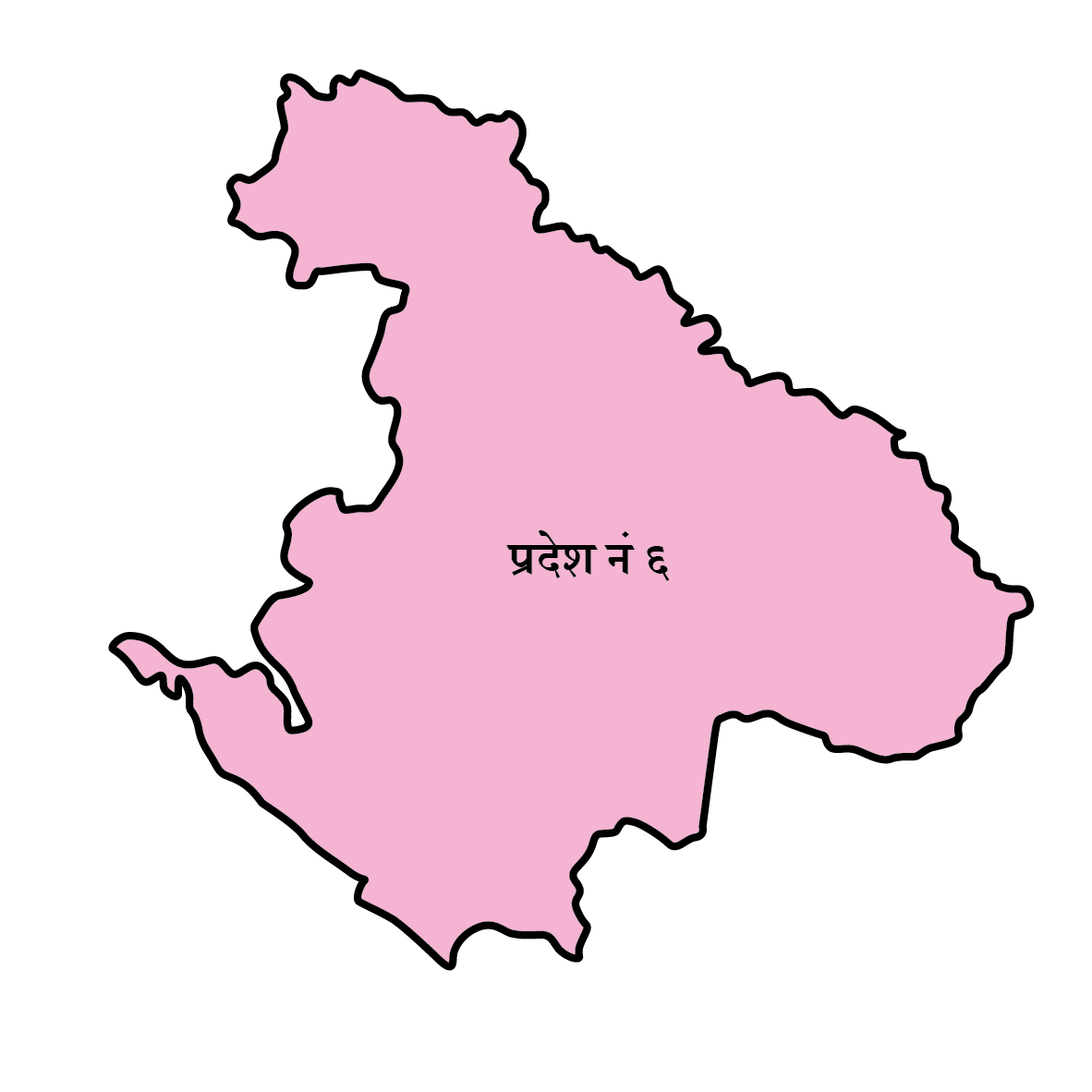 कर्णाली
कर्णाली 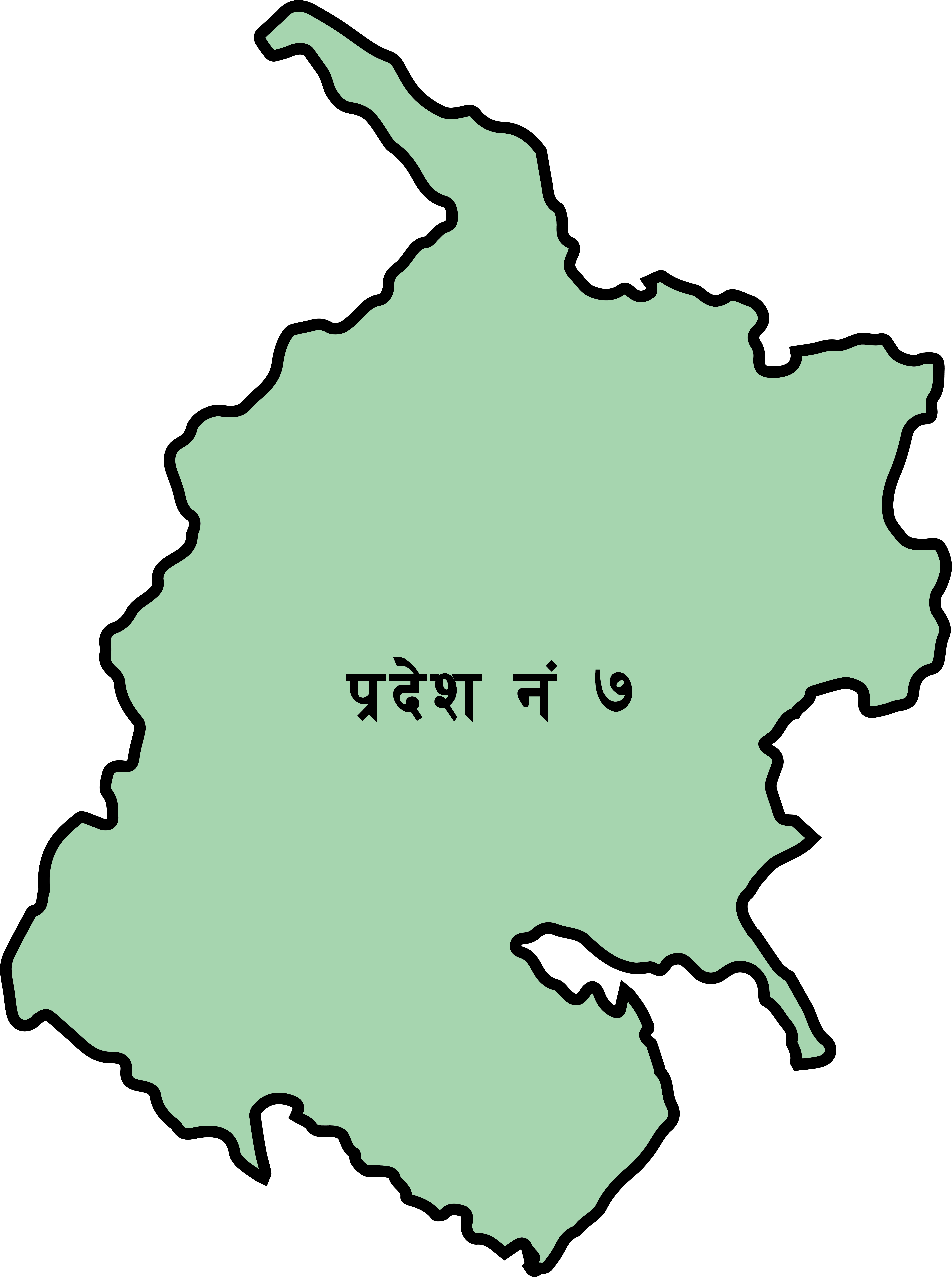 सुदूरपश्चिम
सुदूरपश्चिम
















